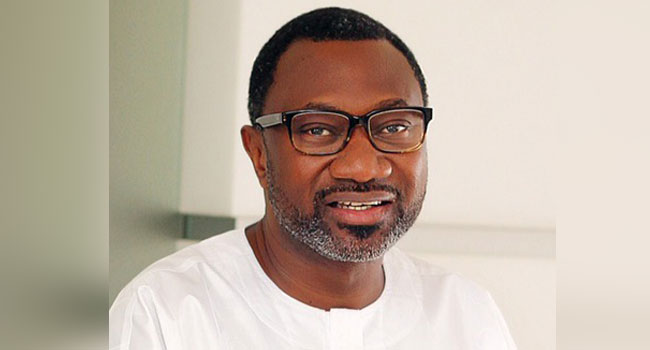Nigeria can tap bonds for maritime growth – NGX
 The Chief Executive Officer of Nigerian Exchange Limited, Mr. Jude Chiemeka, has said that the nation’s maritime industry can leverage blue bonds to raise funds from the capital market to finance infrastructure development projects in the marine and blue economy sector.
The Chief Executive Officer of Nigerian Exchange Limited, Mr. Jude Chiemeka, has said that the nation’s maritime industry can leverage blue bonds to raise funds from the capital market to finance infrastructure development projects in the marine and blue economy sector.
Chiemeka, who stated this recently in Lagos during the 3rd quarter citizens’ and stakeholders’ engagement of the Ministry of Marine and Blue Economy and its agencies, explained that these bonds can be raised through bond issuance programmes and listed on the Nigerian Exchange Limited.
According to him, Nigeria’s 853 km coastline and rich waterways represent multi-billion-dollar opportunities in fisheries, aquaculture, ports, shipping, offshore energy, and tourism, adding that a well-managed blue economy can significantly boost gross domestic product, create millions of jobs, and strengthen foreign exchange earnings.
“Nigeria’s Blue Economy has the potential to contribute significantly to the country’s economy. Alternative sustainable financing is the key to moving Nigeria’s marine and blue economy policy into impact.
With innovative instruments like blue bonds, blended finance, and thematic instruments, the ministry can mobilise billions in new capital,” Chiemeka said.
Nigeria’s marine and blue economy refers to the sustainable use of ocean and waterway resources for economic growth, improved livelihoods, and ecosystem health. With a coastline stretching 853 kilometres and abundant inland waterways, Nigeria is strategically positioned to benefit from a thriving maritime economy. However, despite this potential, the sector remains underdeveloped, mainly due to inadequate infrastructure, low investment, and fragmented policy implementation. Blue bonds are innovative debt instruments used to finance projects that benefit ocean ecosystems and coastal economies.
Chiemeka highlighted that the nation’s marine and blue economy sector required $10bn over the next decade to restore mangroves and wetlands, modernise ports and logistics, expand aquaculture and cold-chain facilities, and upgrade wastewater and pollution control systems.
The NGX CEO added that the current budget allocation is far below the required scale to spur development in the sector, maintaining that mobilising private and institutional capital remains essential to fully realise developmental aspirations.
He stated that NGX stands ready to partner with the ministry to “operationalise these instruments and create a financing transformation for Nigeria’s marine future.” “Together, we can move from policy to impact, financing the future of Nigeria’s marine and blue economy.”
He pointed out that the blue (or thematic) bonds reduce the project funding cost compared to bank loans, stressing that they offer an opportunity for institutional investors to participate in infrastructure projects through listed, tradable securities that can offer superior risk-adjusted returns.
“Blended finance works by using public or philanthropic funds (concessional capital) to catalyse private sector investment in projects that contribute to sustainable development but may not otherwise attract commercial funding due to high perceived risks or low returns. This approach has been implemented across various sectors, with a particular focus on infrastructure, energy, and financial services in developing countries. Suitable for capital-intensive projects such as port modernisation, wastewater treatment plants, aquaculture hubs, and cold-chain logistics for fisheries, it enables Nigerian pension funds and banks to participate in blue economy financing with reduced risk,” he explained.

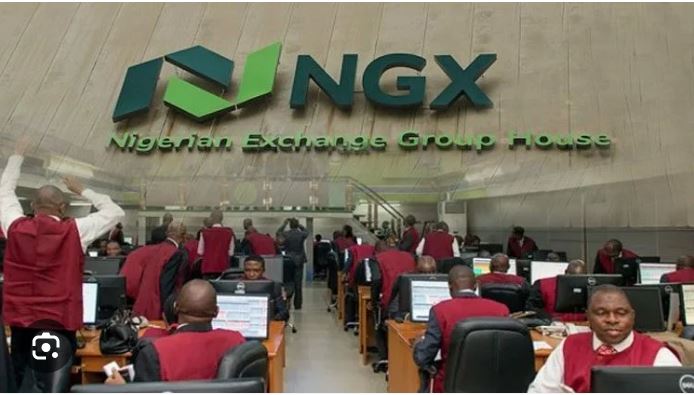
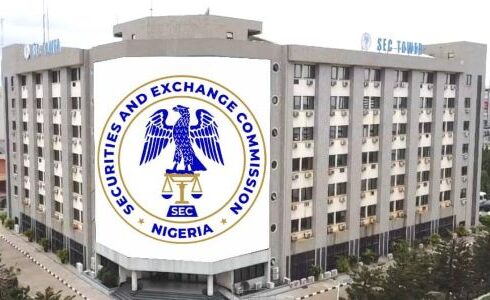




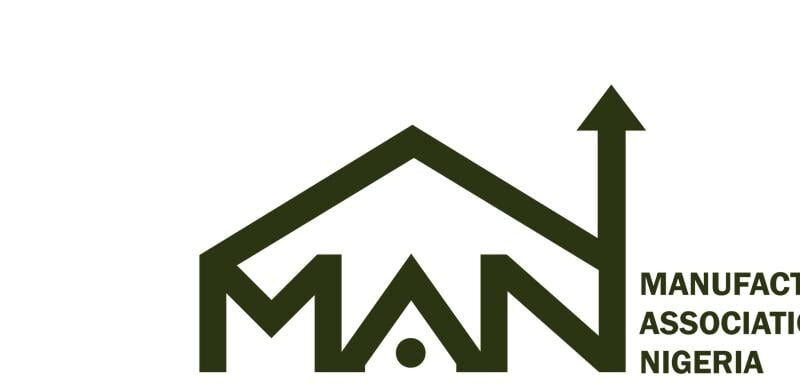

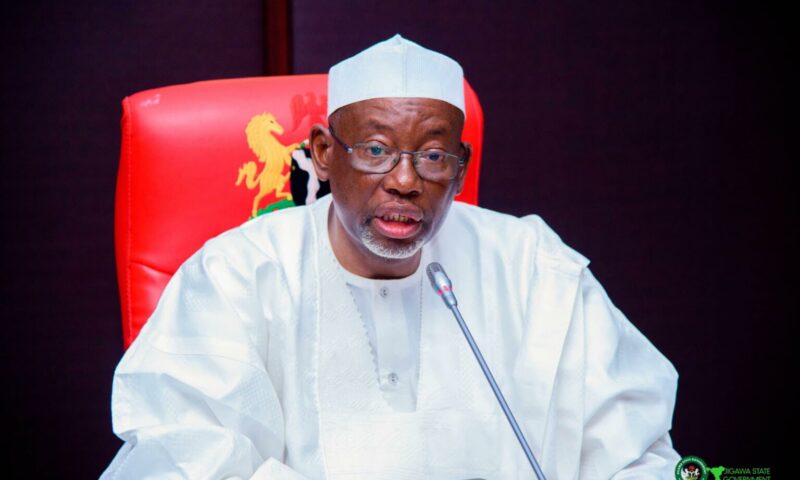
 The Jigawa State House of Assembly has passed a N58 billion supplementary estimate for the 2025 fiscal year.
The Jigawa State House of Assembly has passed a N58 billion supplementary estimate for the 2025 fiscal year.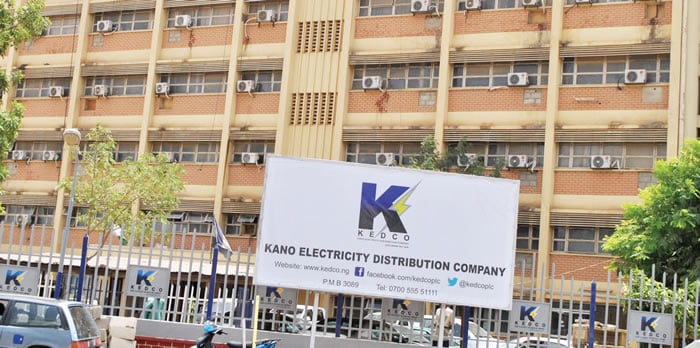


 Four of Nigeria’s leading financial institutions—United Bank for Africa, Zenith Bank, Guaranty Trust Holding Company, and Stanbic IBTC Holdings—have rewarded their shareholders with interim dividends amounting to about N135.49bn for the half-year ended June 30, 2025.
Four of Nigeria’s leading financial institutions—United Bank for Africa, Zenith Bank, Guaranty Trust Holding Company, and Stanbic IBTC Holdings—have rewarded their shareholders with interim dividends amounting to about N135.49bn for the half-year ended June 30, 2025.
